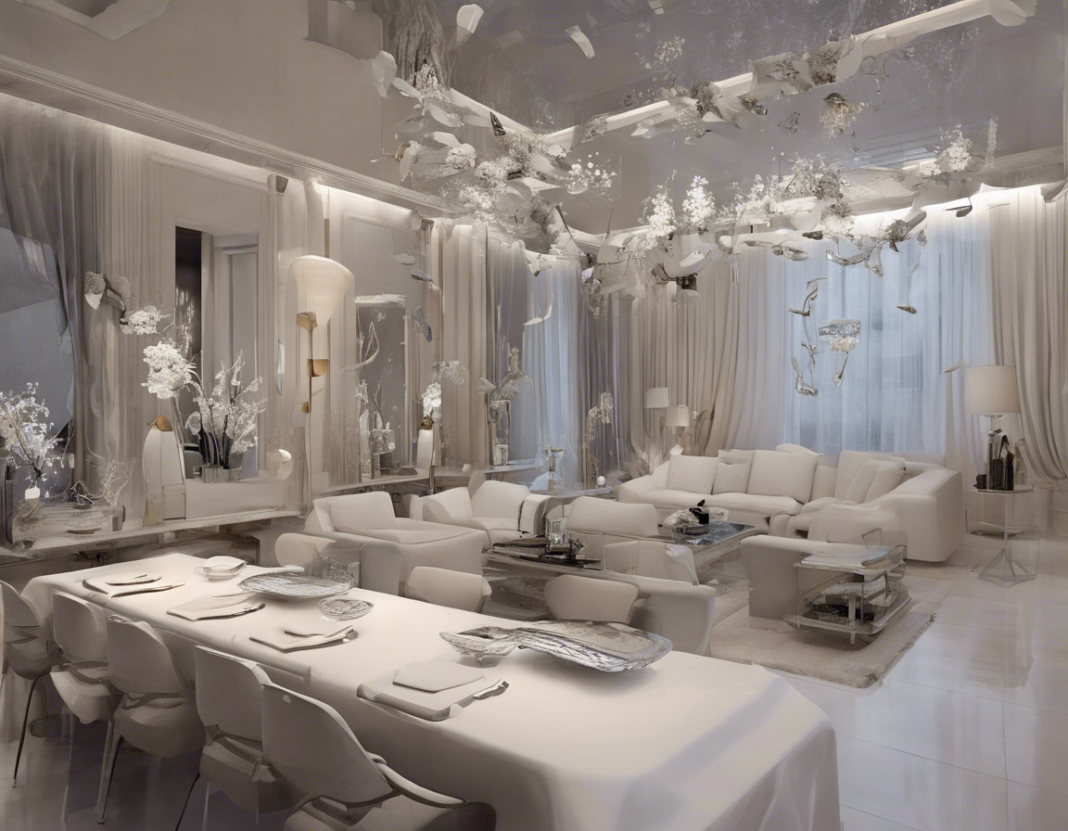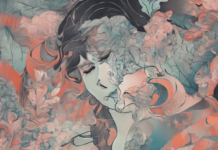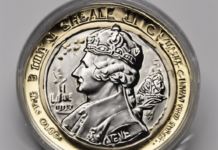Beauty has been a central concept in human culture for centuries, influencing art, fashion, relationships, and self-perception. However, the definition and perception of beauty have evolved drastically over time and across cultures. From ancient classical sculptures to modern digital art, beauty has always been a source of inspiration and debate. In this comprehensive article, we will delve into the central idea of beauty, explore its various dimensions, understand its impact on society, and examine how perceptions of beauty have changed over the years.
The Evolution of Beauty
Beauty standards have varied greatly across different historical periods and geographical regions. In ancient Greece, beauty was associated with symmetry, proportion, and harmony, as exemplified by the idealized figures in classical art. During the Renaissance, artists sought to capture the beauty of the human form with anatomical accuracy and emotional depth.
Fast forward to the 20th century, and beauty ideals became more diverse and inclusive, with movements like body positivity challenging traditional notions of beauty. In recent years, the rise of social media has further reshaped our perception of beauty, with filters, photo editing tools, and influencers playing a significant role in defining beauty standards.
The Psychology of Beauty
Beauty is not just skin deep; it has a profound psychological impact on individuals and society as a whole. Research has shown that attractive people are often perceived as more likable, competent, and trustworthy, leading to various advantages in social, professional, and romantic contexts. This phenomenon, known as the “halo effect,” demonstrates the power of beauty in shaping perceptions and interactions.
Moreover, the pursuit of beauty can have both positive and negative effects on mental health. While enhancing one’s appearance can boost self-esteem and confidence, excessive focus on external beauty can lead to body dysmorphia, eating disorders, and low self-worth. Understanding the psychology of beauty is essential in promoting healthy attitudes towards appearance and self-image.
Beauty in Art and Culture
Beauty has been a recurring theme in art, literature, and music, serving as a source of inspiration for creative expression. Artists throughout history have sought to capture beauty in its various forms, whether through realistic portraits, abstract compositions, or symbolic representations. Beauty in art is subjective, reflecting the unique perspectives and interpretations of individual artists and audiences.
Similarly, beauty plays a prominent role in popular culture, influencing trends in fashion, design, and media. Icons of beauty, such as Marilyn Monroe, Audrey Hepburn, and Beyoncé, have shaped global perceptions of attractiveness and style. In a constantly evolving cultural landscape, beauty continues to inspire creativity, innovation, and self-expression.
Redefining Beauty
As society becomes more diverse and inclusive, the concept of beauty is being redefined to encompass a broader range of identities and experiences. The beauty industry, once criticized for promoting unrealistic standards, is now embracing diversity, representation, and empowerment. Brands are featuring models of all ages, ethnicities, sizes, and genders, challenging traditional notions of beauty and celebrating individuality.
Furthermore, the rise of body positivity and self-love movements has encouraged people to embrace their unique features and imperfections, fostering a more inclusive and accepting culture. The emphasis is shifting from external appearance to inner qualities such as kindness, authenticity, and resilience, highlighting the multidimensional nature of beauty.
The Future of Beauty
As we look towards the future, the concept of beauty is likely to continue evolving in response to societal changes, technological advancements, and cultural shifts. Virtual augmented reality tools will offer new ways to experiment with makeup, hair, and fashion, blurring the lines between reality and fantasy. Sustainable beauty practices will become increasingly important, promoting eco-friendly products and ethical production methods.
Moreover, the beauty industry will play a crucial role in promoting inclusivity, diversity, and representation across all platforms. Beauty standards will become more fluid and individualized, empowering people to define beauty on their own terms. Ultimately, the future of beauty lies in embracing diversity, celebrating uniqueness, and redefining beauty beyond traditional norms.
Frequently Asked Questions (FAQs)
- What is the role of beauty in society?
-
Beauty plays a significant role in shaping social interactions, influencing perceptions, and inspiring creative expression. It can impact self-esteem, confidence, and mental well-being.
-
How have beauty standards changed over time?
-
Beauty standards have evolved significantly across different historical periods and cultural contexts, reflecting changing ideals of attractiveness, symmetry, and diversity.
-
What are some common misconceptions about beauty?
-
One common misconception is that beauty is solely based on physical appearance, neglecting inner qualities such as kindness, intelligence, and compassion.
-
How does the media influence perceptions of beauty?
-
The media can perpetuate unrealistic beauty standards through airbrushed images, filtered photos, and narrow representations of beauty, impacting self-esteem and body image.
-
What are some ways to promote positive attitudes towards beauty?
- Promoting diversity, inclusivity, and self-acceptance is key to fostering positive attitudes towards beauty. Emphasizing inner qualities and uniqueness can help challenge traditional beauty norms.
In conclusion, beauty is a multifaceted and ever-changing concept that holds different meanings for individuals and societies. By exploring the central idea of beauty in its historical, psychological, artistic, and cultural dimensions, we can gain a deeper understanding of its influence and significance in our lives. As we navigate the complexities of beauty in the modern world, it is essential to embrace diversity, foster inclusivity, and redefine beauty on our own terms.






